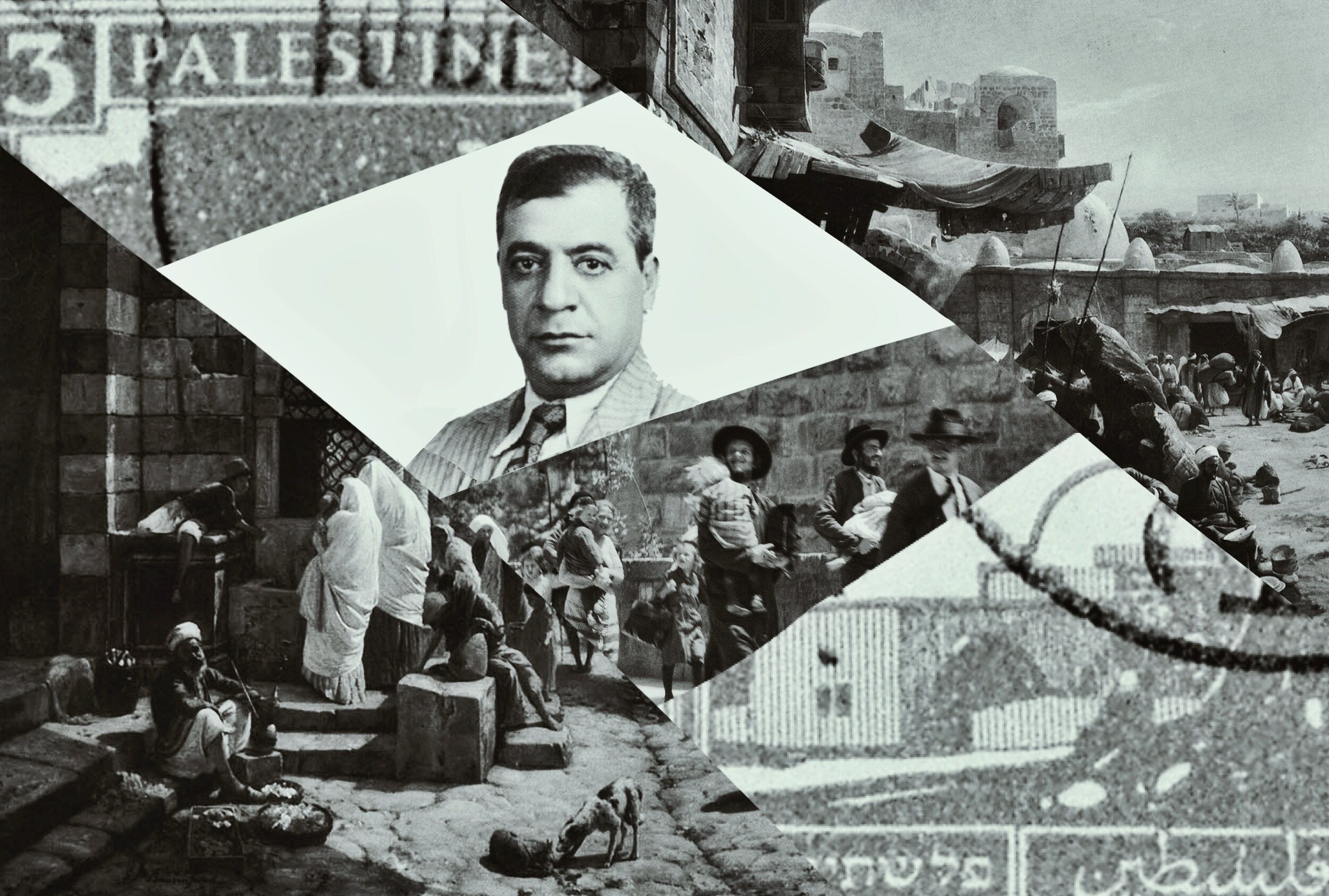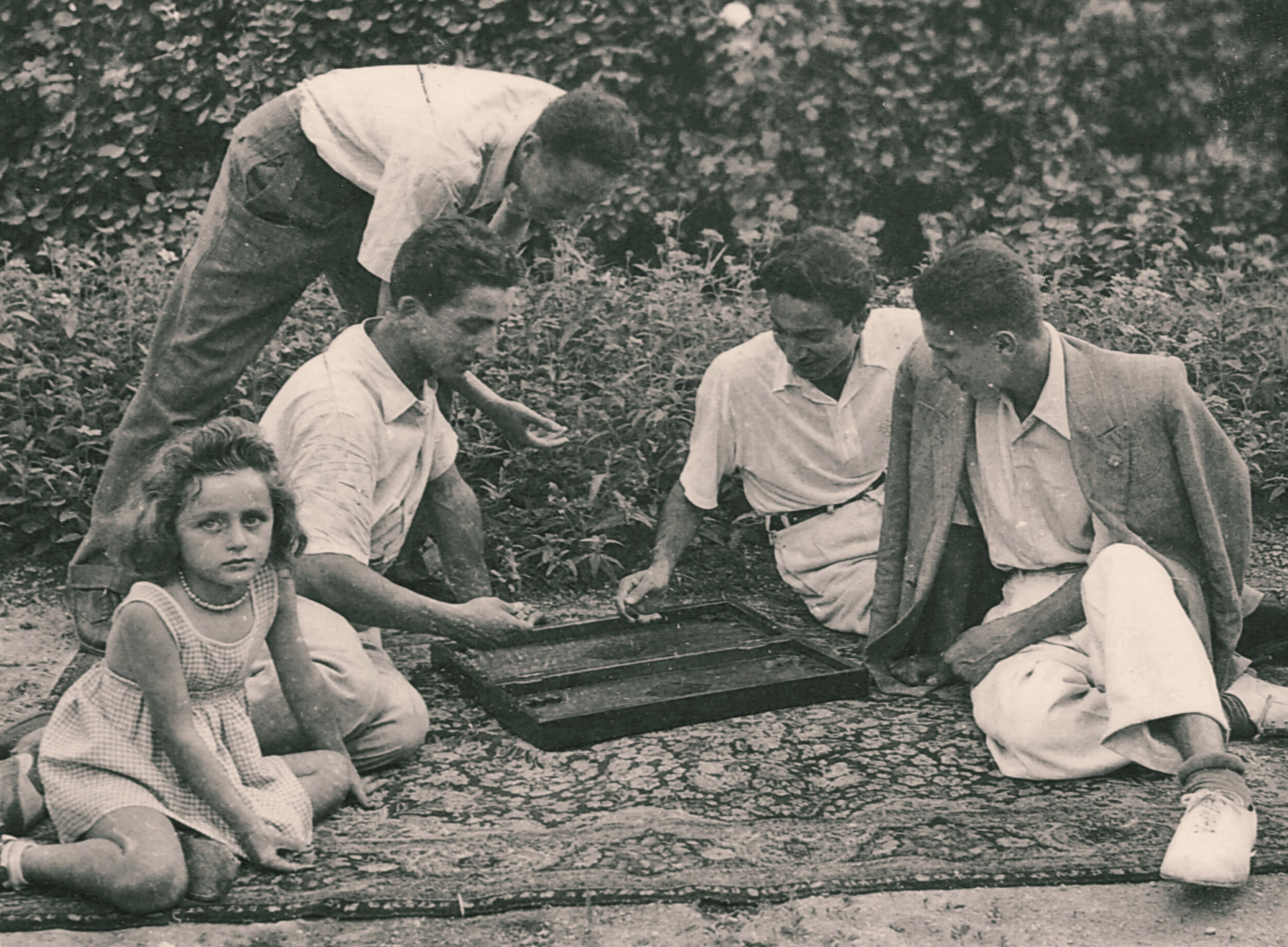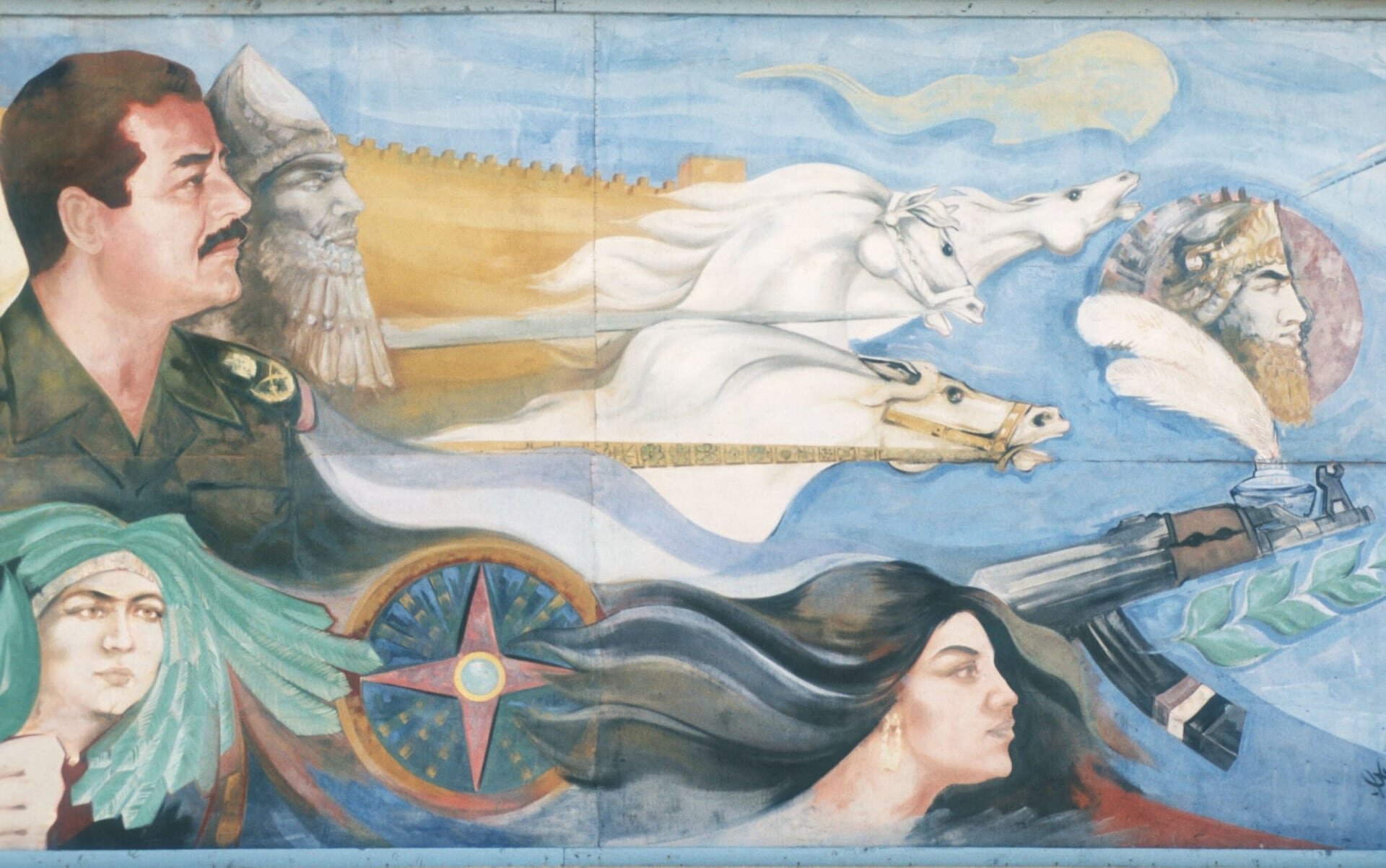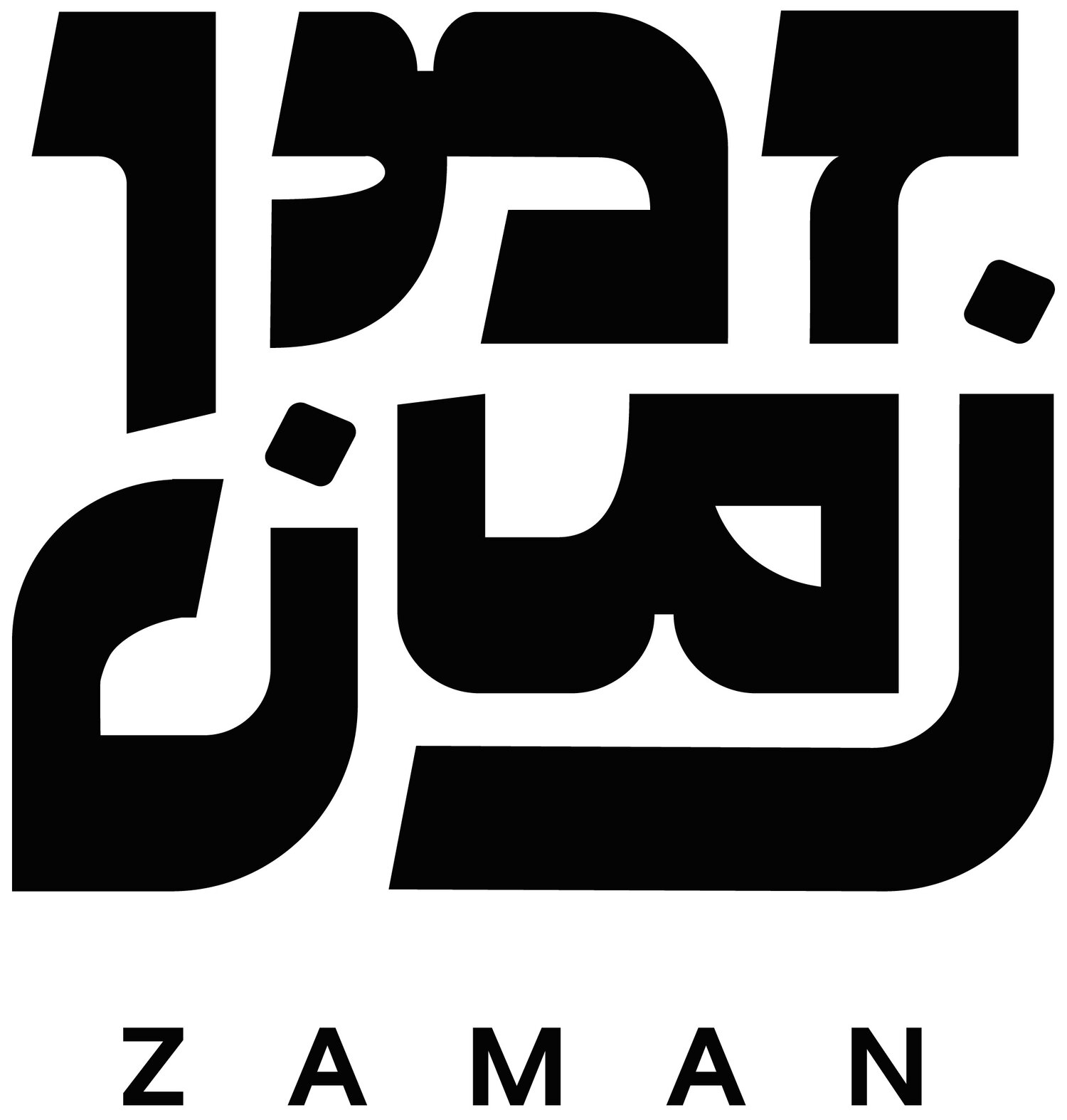
Beyond the Critical Framework of Ashkenormativity: Reimagining Jewish Solidarity and Klal Yisrael
A deconstruction of Ashkenormativity is necessary, but certainly not enough to urgently address the ways in which the privileges of Jewish people, however conditional they may be, can make us complicit in systems of white supremacy.

“Subject Matter:” Orientalism and Arab Racialization in the Work of Yitzhaq Shami
The Palestinian Jewish author celebrated an “exotic” hybrid of Arab and Jewish identity not in order to shift Zionism’s Orientalist premises or to intervene in the political tensions brewing because of it; Rather, Shami’s work was a protocol for racialization, and a significant contribution to Zionist settler-ideology, in its appropriation of Arabism.

Mizrahim, the Holocaust, and the Fluid Ownership of Jewish History
For many Mizrahim, navigating our place in discussions about the Holocaust is a complicated task. How does my position relative to it as a Persian Jew guide my presence in conversations with other Jewish people? How do the obligations attached to my identity shift when I leave those spaces? And what has a new understanding of my family history taught me about Jewishness?

Letter from the Editors — Summer 2020
We are in a global moment of reckoning that is asking us to re-examine how our identities are not static or monolithic traits, but situationally-adaptable variables informed by our positions in larger social, political, economic, and cultural realities. Our understanding of identity today is ever-changing, constantly being shaped and defined by the roles we play across different communities.

Letter from the Editors — One Year
This week marks one year since ZAMAN’s launch in February 2019. In that time, we have published forty articles, essays, poems, paintings, drawings, photographs, videos and other projects that have given a contemporary voice to Mizrahi stories.

Sarchal: The Forgotten History of Tehran’s Jewish Ghetto
In Iranian cities with high Jewish populations like Esfahan, Kashan, Tehran, and Hamedan, Jews were segregated into designated ghettos (mahaleh).

Protected Religious Minorities under Iran’s Islamic Regime: an analysis of ideology and policy
In spite of a rhetoric based on freedom and equality, the Islamic Republic of Iran tends to connect the presence of religious minorities to heresy, corruption of Islam, rebellion against the regime, and inhibition of the ever-continuous Revolution.

Nationalist Mythologies and the False Friendship of Nostalgia
Postcolonial mythologies are often manifestations of an emotionally-tinged hunger for a life that does not ache of colonialism— but mythology can have a vital role in legitimizing the modern ethnonationalist states and their respective languages, cultures, and propaganda systems.

Hashish: A (Jewish) History
The use of hashish and cannabis in Jewish tradition is controversial, to say the least. The Tanakh includes numerous mentions of a grain or spice called qaneh-bosem— described as an “aromatic grass,” which is exactly what I would call cannabis.

Ode to a Color
Persian blue. I always wondered why the color blue got assigned to sadness, or reflection, but I remember the ocean and the sky and I get small again—get context—and understand it more. Oh, he’s feeling blue. My grandma, sitting at the head of the table, tells me the sky and the sea are different where she grew up.
